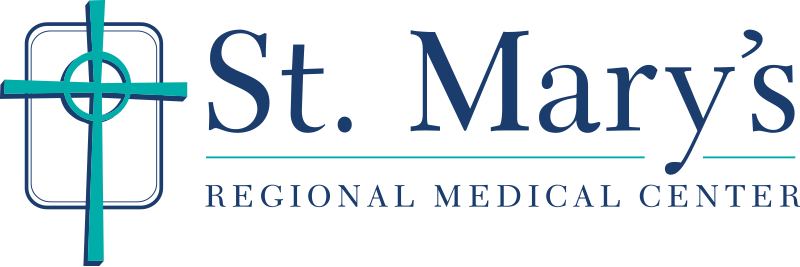Help in the face of a crisis is now available at Resilience Behavioral Health at St. Mary’s Regional Medical Center.
More than half of Americans will develop a mental illness at some point in their lives.* If problems become chronic, they can make daily living a challenge. Previously, people had to travel far from Enid to find help during this kind of crisis. That’s changed now that St. Mary’s Regional Medical Center has opened Resilience Behavioral Health, an inpatient unit just for adults.
Caring Environment
A warm, professional staff includes nurses, mental health technicians, social workers and recreational therapists. Under the direction of Psychiatrist Jahangir Ghaznavi, MD, staff members welcome patients ages 18 to 64 who need inpatient treatment for a primary behavioral health diagnosis such as depression, bipolar disorder or schizophrenia.
“We stabilize patients, get them safe in their own private room and determine what kind of help they need,” says Eric Ward, RN, BSN, Director of the unit. “An individual treatment plan may involve therapy and medication. We may also collaborate with community organizations for assistance with housing, finances and other needs.”
Family Support
When one person suffers from mental illness, it affects everyone he or she is close to. The Resilience team works closely with relatives and friends encouraging them to express their feelings and teaching new ways to cope. In this way, families become involved in loved ones’ recovery.
“Resilience Behavioral Health gives our community something it has not had for a long time,” says Ward. “It gives adults the privacy and safety they need to begin recovery, and provides dedicated professionals who care about their patients.”
Bipolar Disorder
Bipolar disorder or manic depression is an illness that often appears in the late teens or early adult years. It has no known cure, so it must be managed throughout a person’s lifetime. Bipolar disorder causes extreme mood swings that include an overexcited state (mania) and a sad or hopeless state (depression). Bipolar disorder can usually be managed with therapy and medication and is determined through a mental health evaluation. “We will also discuss the patient’s family history since bipolar disease tends to run in families, says Eric Ward, Director of Resilience Behavioral Health.

